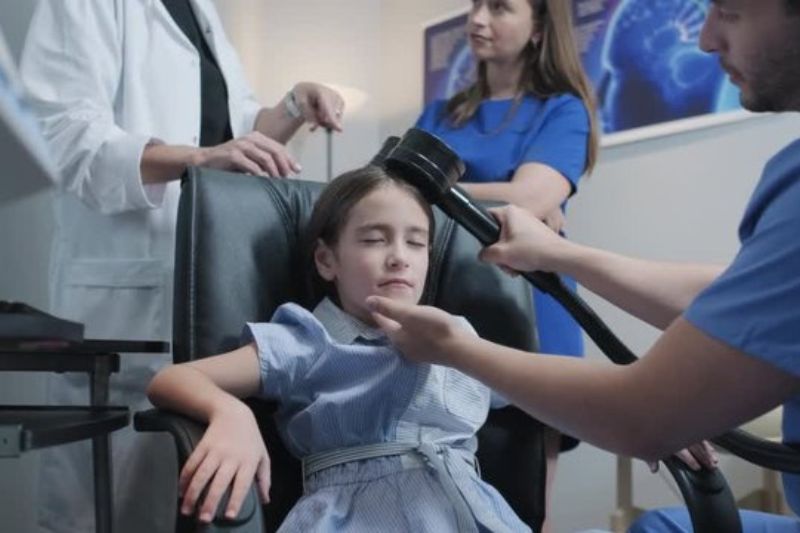Transcranial Magnetic Stimulation (TMS) by Dr. Jennifer McMONIGLE can be a vital component of a multifaceted treatment strategy for neurological and psychiatric conditions. To harness the full benefits of Transcranial Magnetic Stimulation (TMS), it should be approached as a complement to conventional therapies rather than a standalone solution.

Keeping open lines of communication with your medical team is crucial for tailoring treatment plans according to your changing needs. This dynamic approach may involve integrating Transcranial Magnetic Stimulation (TMS) with other therapeutic methods such as psychotherapy to address mental health issues, medication to manage symptoms more effectively, or rehabilitative exercises designed to improve physical function and well-being. This holistic strategy ensures that your treatment remains responsive and comprehensive, adapting to your progress and challenges.
Throughout the duration of Transcranial Magnetic Stimulation (TMS) therapy, conducting regular assessments is crucial for the personalized fine-tuning of the treatment plan. This approach allows healthcare professionals to make necessary adjustments based on the patient's unique response to the therapy, enhancing its effectiveness. Patients play a vital role in this process and are encouraged to actively participate by engaging in open communication with their healthcare providers. They should share detailed feedback on their progress, including any improvements in their condition or any adverse side effects they may experience. This collaborative effort ensures the therapy is as effective and comfortable as possible for the patient.
Adopting a healthy lifestyle, including balanced nutrition, regular physical activity, and stress management techniques, can augment the efficacy of Transcranial Magnetic Stimulation (TMS). Such holistic approaches contribute to overall well-being and support the recovery process. By offering a novel and innovative approach, Transcranial Magnetic Stimulation represents a beacon of hope for neurology patients seeking alternatives to traditional treatment pathways. With ongoing research and clinical advancements, Transcranial Magnetic Stimulation (TMS) continues to solidify its position as a key player in the future of neurologic and psychiatric care.
